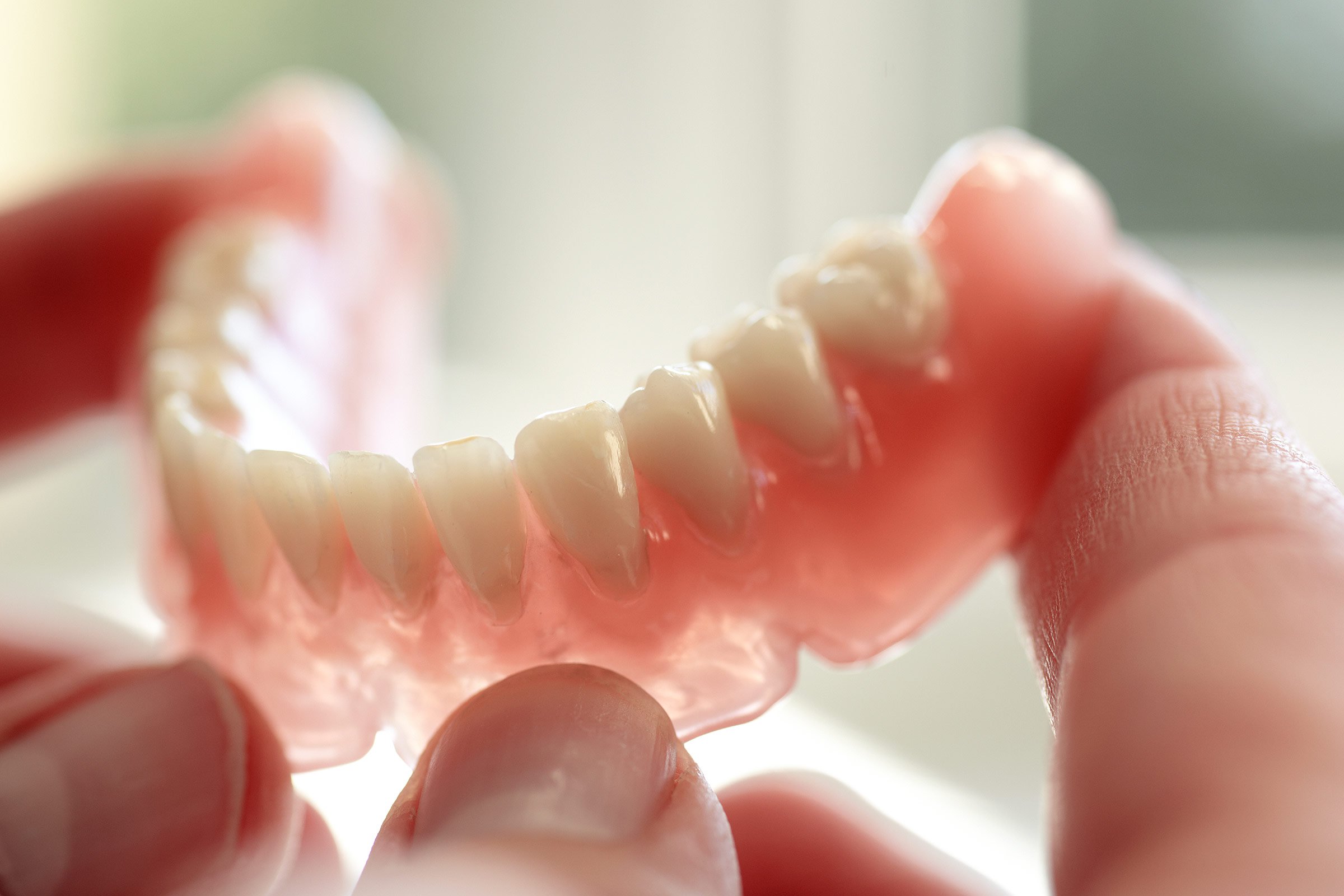Drug and alcohol abuse devour healthy lives on a continuous scale. According to the Centers for Disease Control and Prevention, about 25% of the US adults over 18 years of age are involved in heavy drinking once a day. People exposed to intoxicating substances are at greater risk of harming themselves at every level of their existence – whether be it emotional, physical, mental, or psychological.
Despite the widely believed fact that alcohol induces massive damage to the liver, drug abuse in any form also destroys your brain, lungs, heart, pancreas, stomach, and intestine – including your oral cavity.
Since most drugs are taken orally, people undermine the damage these can do to your teeth. Once addicted to a certain mode of drug abuse, people have a hard time getting over their addiction, due to which their oral health suffers.
Ways Drugs Harm Your Oral Cavity
Drugs can bring you timely joy but can spare you a life of chronic pain and misery. Each and every drug has its own side effects, which contribute to the destruction of your oral health. The common ways a drug damages your oral health are as follows:
- The secretion of saliva reduces and the mouth runs dry. Due to this reason, the levels of acid increase in the oral cavity, and hence leads to rotting of the enamel.
- Acid reflux also occurs due to which the enamel rots and the soft tissues are scathed.
- The blood flow in the gums dwindles and is ultimately lost at the extremity.
- Drugs can also worsen the already-present mouth ulcers and sores.
- The focus on addiction disorients the focus on oral healthcare.
- If you’re addicted to a certain drug, you may also come across nutritional deficiency that could cause indirect damage to your teeth.
- Your teeth can also rot if you’re fond of consuming sugary beverages or food.
Drugs That Deteriorate Your Oral Health
‘Smoking is injurious to health. It causes lung cancer. Smoking Kills.’ This is the message you must’ve seen all around you in the form of print and digital advertisements from several smoking cessation campaigns. Moreover, you must’ve also viewed the advertisements regarding meth abuse damaging your teeth.
With respect to these ads and the campaigns behind them, other non-ubiquitous drugs can also impact your oral cavity in a variety of detrimental ways. Following are the drugs that trigger the irritants that can damage your mouth, teeth, and gums etc.
Cocaine
There are several ways via which cocaine is taken, but taking it through the mouth is most detrimental due to the acidic nature of the drug. According to the American Addiction Centers, Crack cocaine is one of the common culprits robbing you of your oral health. It is usually smoked, while some people put the pulverized cocaine in their mouths to be absorbed by their gums. This powder is so harsh that it causes mouth sores. Since it’s also known as the coke or coco in the addict culture, snorting the powder is another way to damage your upper palate, leading to the development of a depression between your oral and the nasal cavity.
Apart from damaging the gums, cocaine disturbs the part of the nervous system controlling your jaw and oral cavity muscles. The muscular responses are exhibited in spasmic jaw movements called buccolingual dyskinesia, which resembles teeth grinding or an unnatural smile.
However, as a result of teeth grinding, the teeth become prone to cracks, which damage the overall buccal cavity.
Alcohol
Alcohol is made by fermentation of sugars, in which further sugars are added to increase its intoxicating effect. The water content of alcohol is less, which makes it acidic in nature. When it is consumed in excess, both the properties combine to accelerate the erosion of tooth enamel.
Not only does it slowly cause the erosion, alcohol invites increased accumulation of dental plaque. Alcohol misuse poses a serious risk factor for several types of oral cancers. Recent studies suggest that dental caries and wounds prevail among alcoholics more than the non-alcoholics.
Tobacco
Smoking has been recognized as one of the leading causes of oral and throat cancer. Used mostly in cigarettes and pipes, chewing tobacco also exposes you the risks and perils of the oral health. The risks for periodontal diseases, bad breath, plaque buildup, and tooth discoloration among other problems heighten to an unimaginable extent.
Scientific studies have revealed that oral health issues are more common in tobacco smokers than non-smokers. The risks of oral cancers are elevated in smokers as compared to those who don’t smoke.
Marijuana
Marijuana is considered legal as well as illegal at different places in the world. Like other drugs, it can cause dry mouth and an increased level of acidity, causing enamel tear away.
In addition to that, it causes cannabinoid hyperemesis, a condition in which vomiting can amplify the acidity already present in the mouth and cause cavities and decay in gum.
Meth
Meth, popularly known as crystal meth, is known to deteriorate health faster than any other drug. It depletes the vessels of blood due to which the gums start to weaken and the teeth begin to rot rapidly.
Since the drug elevates the presence of acid in the mouth, it also stimulates involuntary grinding and cravings for sugary foods and beverages. The addiction can also induce severe stress, which is a potential contributor to increased damage to the mouth. The oral hygiene is often neglected in the process because the addicts become unable to care for their teeth or contact a dentist to help maintain their oral health.
A study conducted at the University of California reported that 96% of the people suffering from meth mouth had cavities, 56% suffered from decaying teeth problems and 31% had 6 or more missing teeth. The meth abusers are usually identified by their lost tooth and blackened teeth.
Opioids and Opiates
Opioids and opiates, such as heroin and morphine, make the addicts crave excessive carbs that are sweet in taste, hence damaging their teeth, gums, and roots. Though these substances do not stimulate nervous responses, their abusers are prone to cracks in teeth and ill oral health.
Most people inject these drugs directly into their blood vessels. This action may not seem directly related to the dental health but it causes a variety of infections that may harm the teeth and gums. Moreover, the opioids are used in the medical practice as potent analgesics, which makes people addicted to them. These are known for numbing the existing pain and may trigger addiction in some individuals.
Amphetamines
Just like the other drugs, this group also causes similar dry mouth problems and cracks in teeth. Not only the jaw damages, but the blood flow in the teeth roots also reduces. This group includes the popular ‘club drugs’, such as ecstasy, molly, MDMA, and other varieties.
Prescription And OTC Drugs
Over-the-counter medication and prescription drugs that contain antihistamines and sedation-causing agents may also be used as sources of damage to the teeth and gums. People taking aspirin also experience tooth decay and enamel damage that occurs when the drug is taken in excess and chewed instead of being swallowed.
You must’ve noticed that your doctor always recommends taking the cough syrup before sleep. Why? Because it has sedative properties that put you easily to sleep while working on your flu and throat problems. The only side effect: these are sweet in taste and may damage your teeth easily.
Getting Help
Efforts to help drug addicts have always been made, which includes rehab and a drug treatment therapy as well as ardent support from the loved ones.
The first step is usually the cessation of drugs. It can be hard and uncontrollable at first, but if counteractions are delayed, then the health problems might get worse time by time. Dental experts advise that before you enter any drug intervention, you must go through a thorough checkup to mitigate any damage done to your teeth. No matter how much you hate it, it’s ok to come clean on your dentist about your drug addiction because all your dentist wants is to help you out.
You can start by making use of some good oral habits. Direct your attention to taking care of your health and following a healthy routine. Allow yourself to have some drug-free time and assess the quality of life you can enjoy without drugs.
You would also like to read: Achilles Tendonitis Causes, Symptoms And Treatment – Everything You Need To Know.

